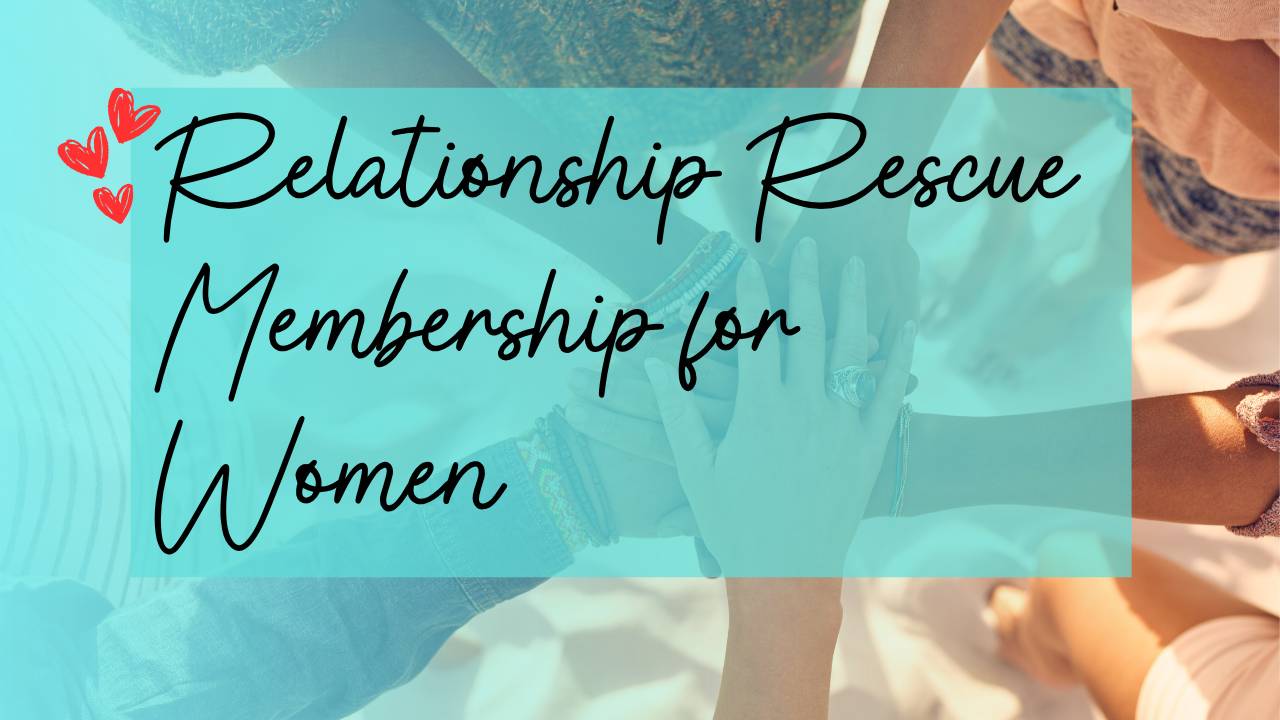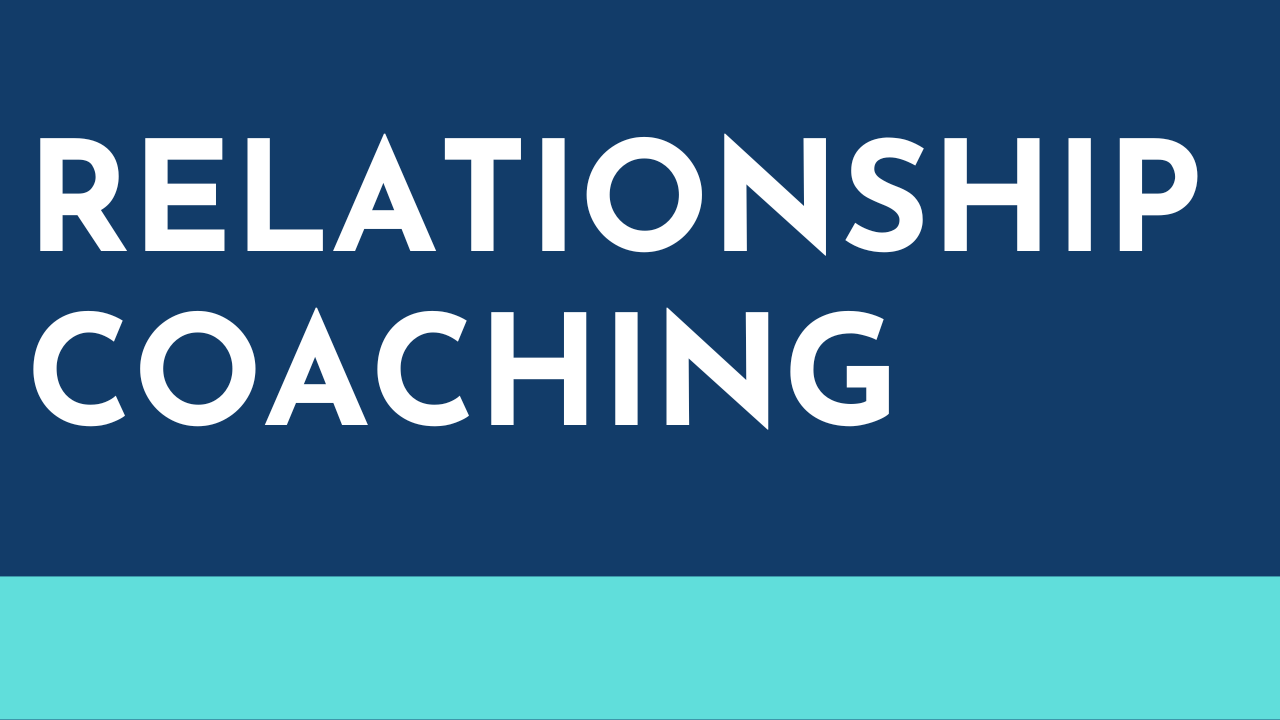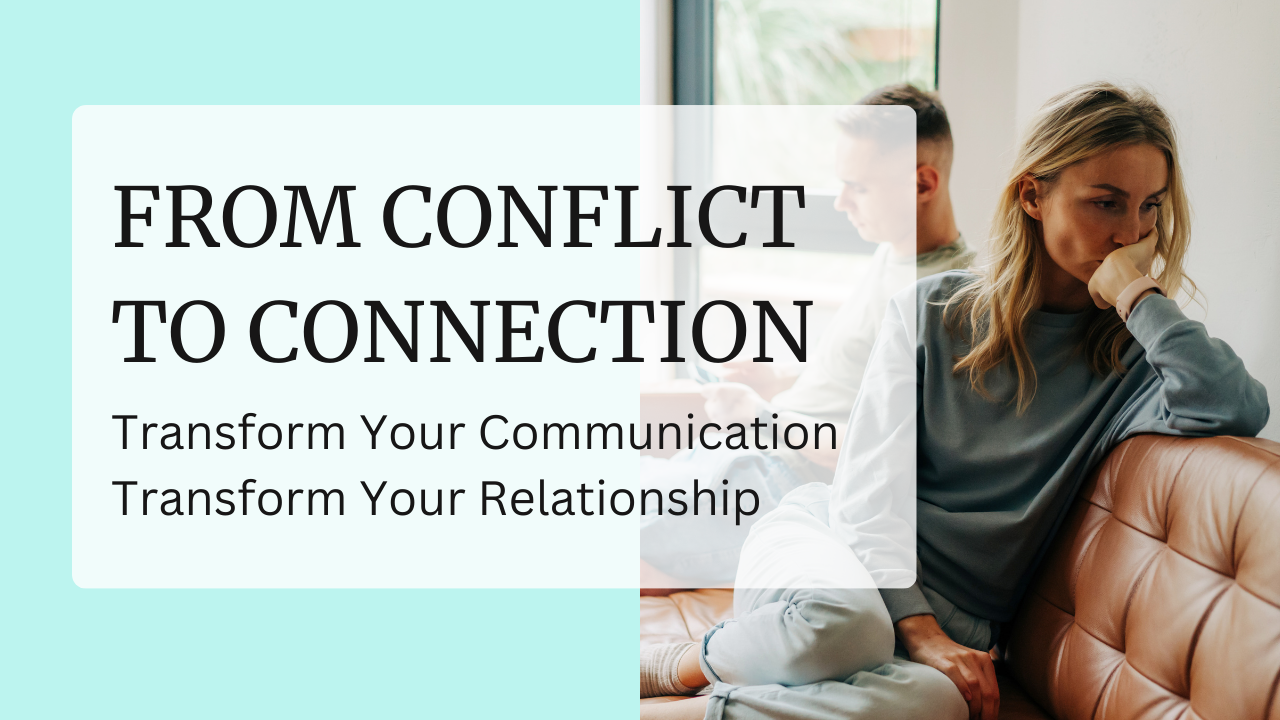39. Relationship Myths and How They Can Harm Your Relationship With Your Partner
# 10 Relationship Myths That Might Be Sabotaging Your Relationship With Your Partner
Let's talk about love – but not the fairy-tale version we've all grown up with. As a relationship coach, I've seen countless couples struggle because of beliefs that sound romantic but actually harm their relationships. Today, I'm going to debunk some of the most common relationship myths that might be holding you back from experiencing genuine connection.
Why These Myths Matter More Than You Think
We've all watched those perfect rom-coms where love conquers all and couples never seem to have real problems. While these stories are entertaining, they've created some seriously misleading expectations about what healthy relationships look like. These misconceptions don't just disappoint us – they can actively damage our relationships by making us doubt perfectly normal situations or chase unrealistic ideals.
The Truth Behind 10 Common Relationship Myths
1. "The Perfect Couple Never Fights"
Have you ever felt guilty about arguing with your partner because "perfect couples don't fight"? Here's the truth: conflict is not just normal – it's healthy when handled well. The strongest couples aren't those who never disagree; they're the ones who know how to work through their differences respectfully. Instead of avoiding conflicts, focus on developing better communication skills and viewing disagreements as opportunities to understand each other better.
2. "Real Love Should Be Effortless"
This myth has probably caused more relationship anxiety than any other. While falling in love might happen naturally, staying in love takes intentional effort. Think of love like a garden – it needs regular tending, care, and attention to flourish. The most successful couples I work with are those who actively invest time and energy in their relationship, practicing daily acts of kindness and appreciation.
3. "Your Partner Should Complete You"
Thanks, Jerry Maguire, but "you complete me" isn't actually relationship goals. The healthiest relationships aren't about finding your "other half" – they're about two whole people choosing to build a life together. Focus on personal growth and maintaining your individual identity while building a strong partnership. You should complement each other, not complete each other.
4. "Jealousy Shows They Really Care"
This is one of the most dangerous myths I encounter in my coaching practice. Jealousy isn't a sign of love – it's usually a sign of insecurity and trust issues. Real love is about feeling secure enough to give your partner freedom and trust. If you're struggling with jealousy, it's worth exploring where these feelings come from and working on building self-confidence.
5. "The Spark Should Never Die"
Long-term couples often panic when they don't feel butterflies anymore. But here's the secret: love evolves. While the initial excitement might fade, it can be replaced by something even more valuable – a deep, comfortable intimacy that actually feels more fulfilling than those early-day butterflies. The key is to keep creating new experiences together while appreciating the depth your relationship has gained.
6. "If It's Right, It Should Be Easy"
Any relationship worth having will face challenges. The couples who last aren't the ones who never face difficulties – they're the ones who face them together. When you hit rough patches (and you will), see them as opportunities to strengthen your bond rather than signs that something's wrong.
7. "Love Means Knowing What Your Partner Needs Without Asking"
Mind reading isn't a relationship skill, no matter how much we wish it was. Good communication is. The strongest couples I work with are those who can openly express their needs and listen to their partner's needs without judgment. Don't expect your partner to just know – tell them what you need, and encourage them to do the same.
8. "Love Is All You Need"
While love is important, it's not enough on its own. Lasting relationships also need shared values, mutual respect, compatible life goals, and the willingness to work through challenges together. Love might bring you together, but it's these other elements that help you stay together meaningfully.
9. "Drama Means Passion"
If you're constantly experiencing high highs and low lows in your relationship, that's not passion – it might be instability. Real passion in healthy relationships often looks quieter than you'd expect. It's in the small moments of connection, the inside jokes, and the feeling of being completely secure with someone.
10. "You Can Change Your Partner If You Try Hard Enough"
One of the most important lessons I share with my clients is this: you can't change someone who doesn't want to change. The only person you can work on is yourself. Love means accepting your partner for who they are, not who you wish they would become.
Moving Forward with Realistic Expectations
Understanding these myths is the first step toward building healthier relationships. Instead of chasing fairy-tale ideals, focus on:
- Building strong communication skills
- Maintaining individual identity while growing together
- Creating emotional safety and trust
- Appreciating the evolution of your love
- Working as a team through challenges
- Practicing daily acts of care and appreciation
Remember, the goal isn't perfection – it's creating a genuine, supportive connection that helps both partners grow and thrive. When we let go of these myths, we make room for something even better: real, lasting love based on understanding, respect, and authentic connection.



